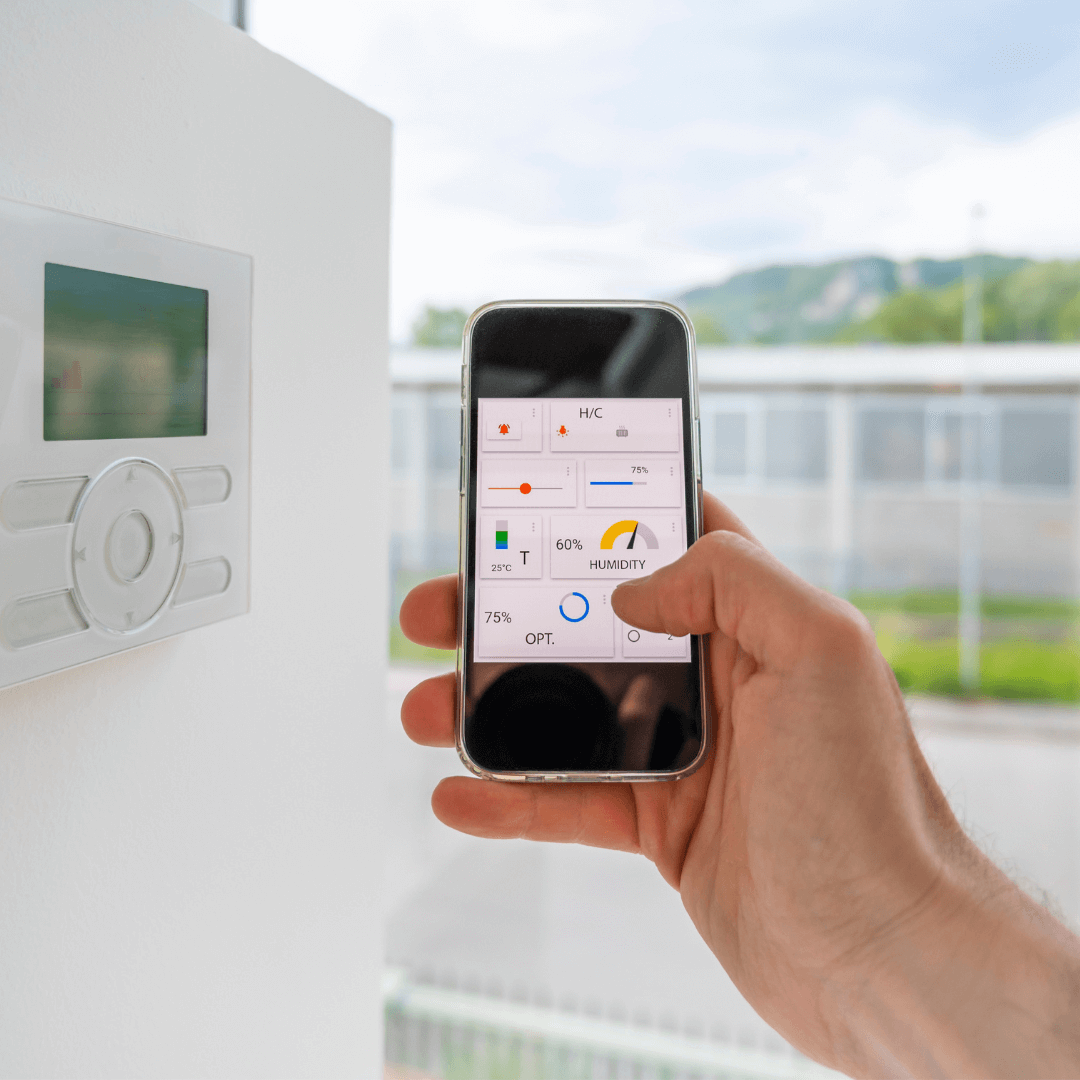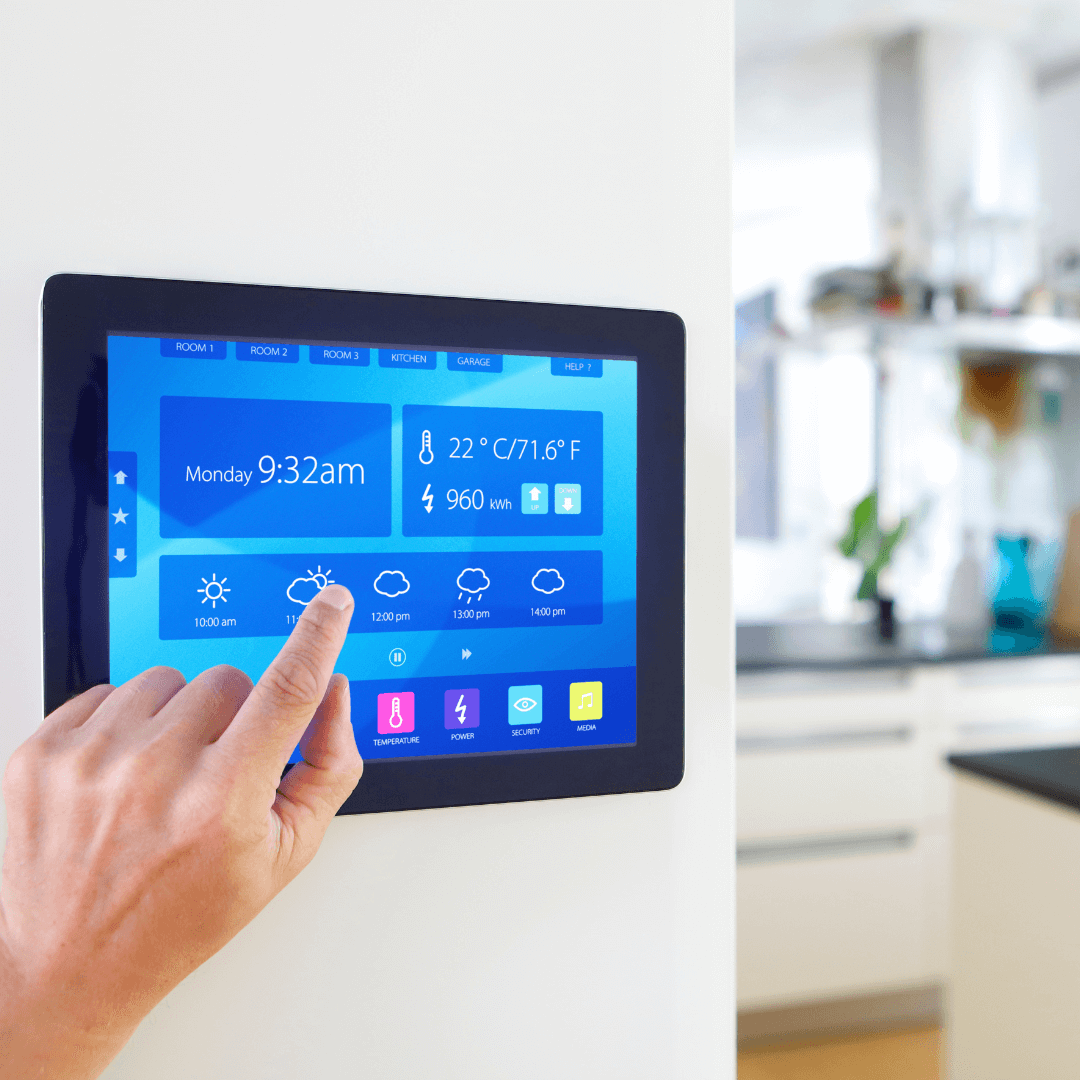In the era of digitalization, home automation and Smart Buildings emerge as a revolutionary trend that seeks to transform our cities into smarter and more respectful environments for people and the environment.
In the following lines, we will discuss the latest trends in this innovative commitment to automation and energy efficiency and how they redefine the future of our cities.
Smart Buildings and human and environmental well-being
 Smart Buildings are designed to provide an exceptional living experience. Through the integration of smart devices and advanced management systems, residents can enjoy greater comfort and security in their homes. From intelligent temperature regulation to adaptive lighting, these technologies adapt to individual needs and preferences, promoting a healthier and more productive environment.
Smart Buildings are designed to provide an exceptional living experience. Through the integration of smart devices and advanced management systems, residents can enjoy greater comfort and security in their homes. From intelligent temperature regulation to adaptive lighting, these technologies adapt to individual needs and preferences, promoting a healthier and more productive environment.
But these technologies not only improve people’s quality of life, they also actively contribute to the preservation of the planet.
Energy efficiency and sustainability
One of the fundamental pillars of Smart Buildings is energy efficiency. The implementation of sensors and intelligent systems allows a more responsible use of resources, reducing energy consumption to reduce the carbon footprint. Renewable energy generation and smart resource management are key steps towards building more sustainable and resilient cities.
Connecting smart buildings and smart cities
Smart Buildings do not operate in isolation; they are essential components of interconnected smart cities. Smart Cities leverage technology to optimize traffic, improve waste management, provide more efficient public services and promote sustainable mobility. The convergence of home automation with urban infrastructure points the way to a smarter, more livable future.
Innovations and trends in Smart Buildings
The evolution of Smart Buildings does not stop. The latest trends point to the integration of artificial intelligence and machine learning for more predictive and adaptive control. In addition, the incorporation of real-time monitoring systems and data analysis in the cloud will enable more informed and proactive decision making, boosting efficiency and sustainability.
Home automation integrated into Smart Buildings represents a revolution in the way we conceive our cities and homes. By harnessing technology to improve people’s quality of life and protect the environment, we are building a smarter and more sustainable future. Implementing these innovative solutions is key to creating livable and planet-friendly cities. The future is here, and it is smart and sustainable.

